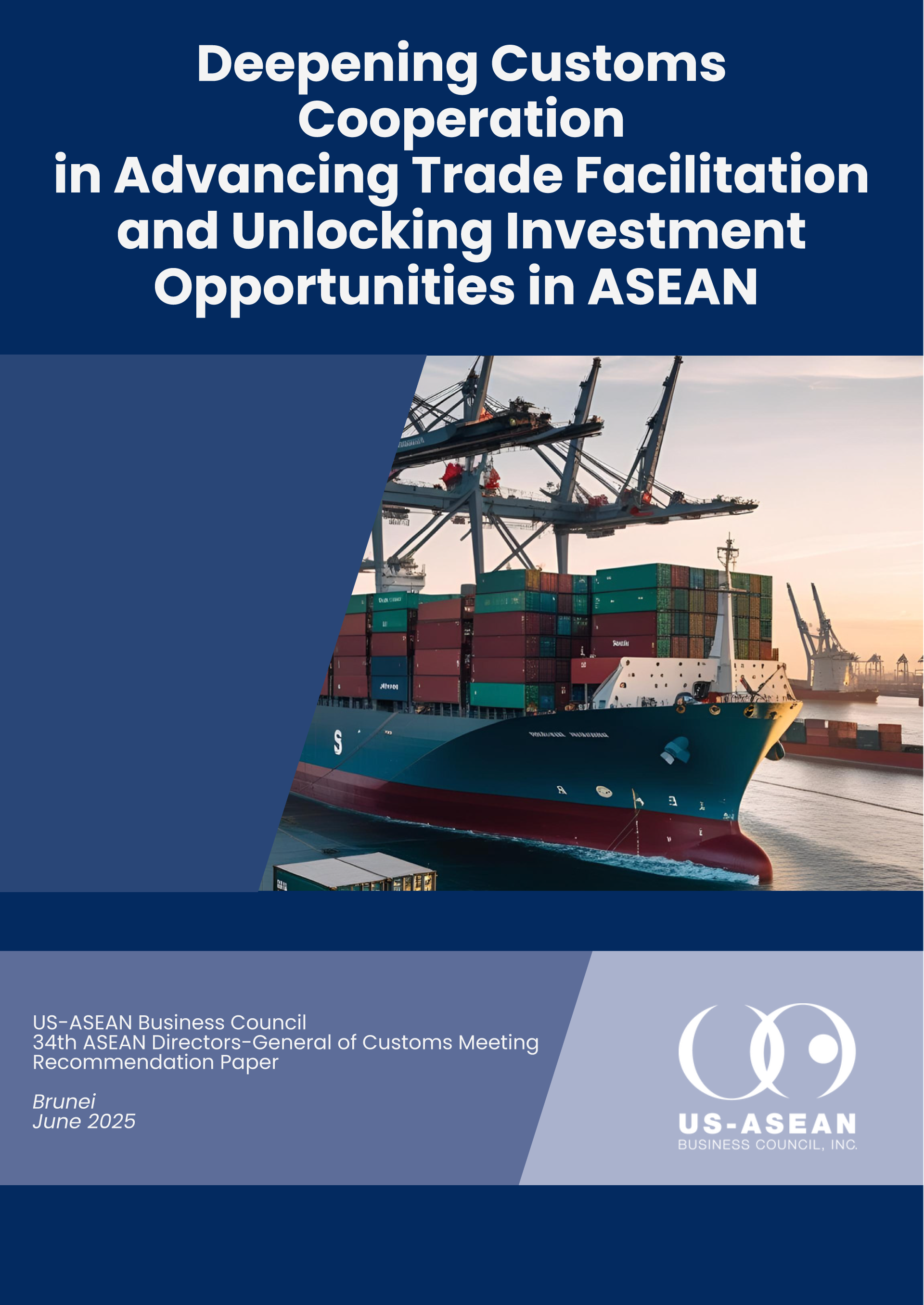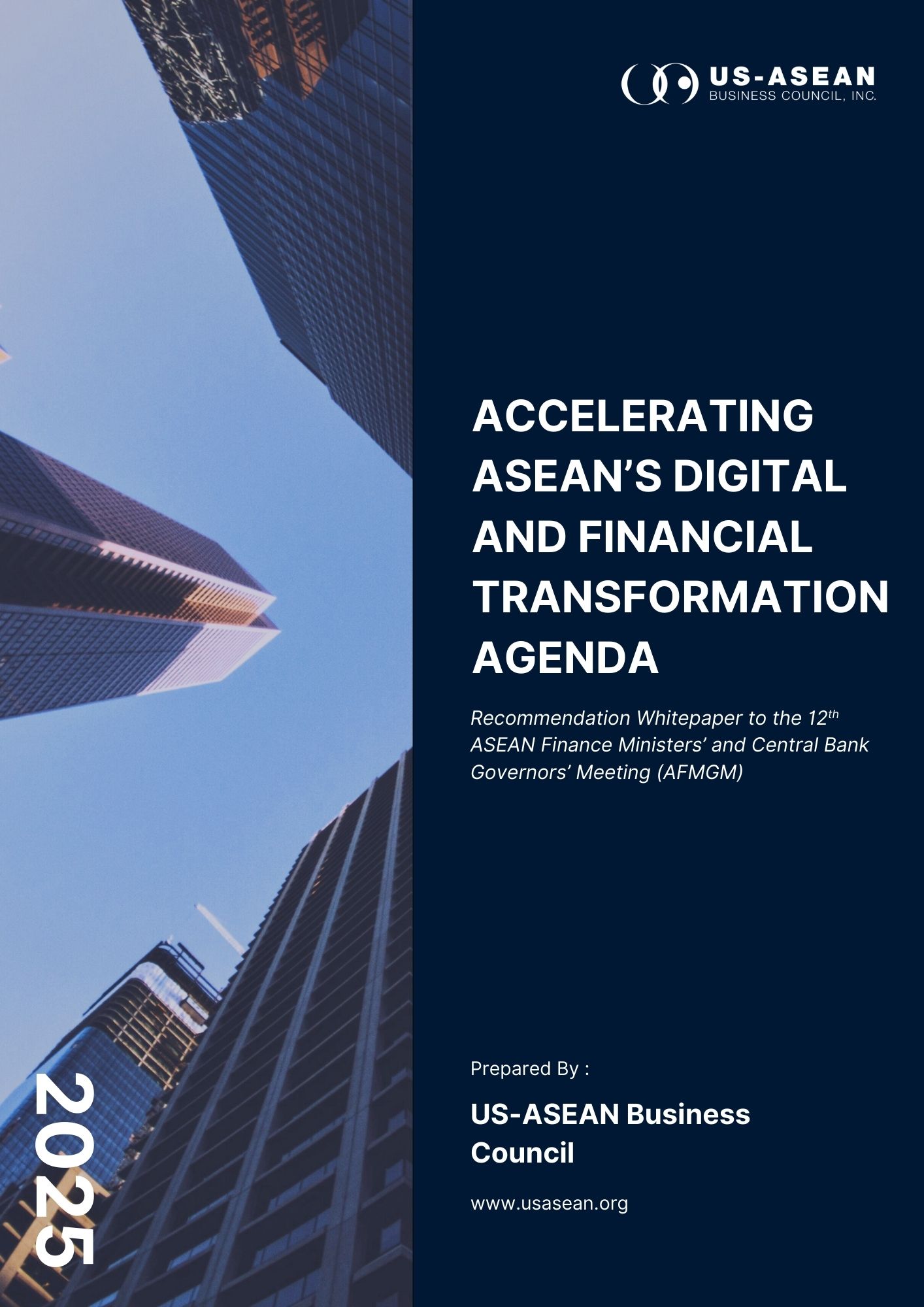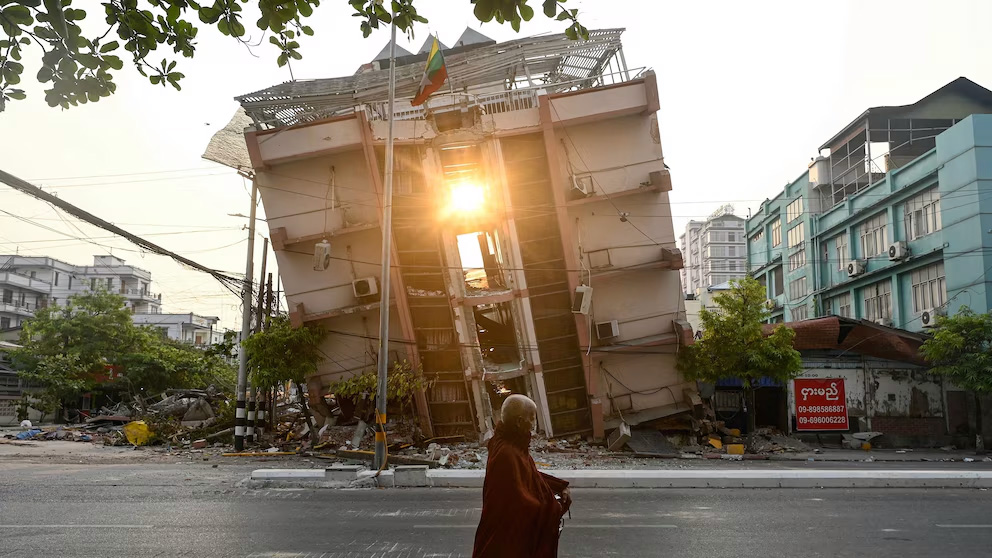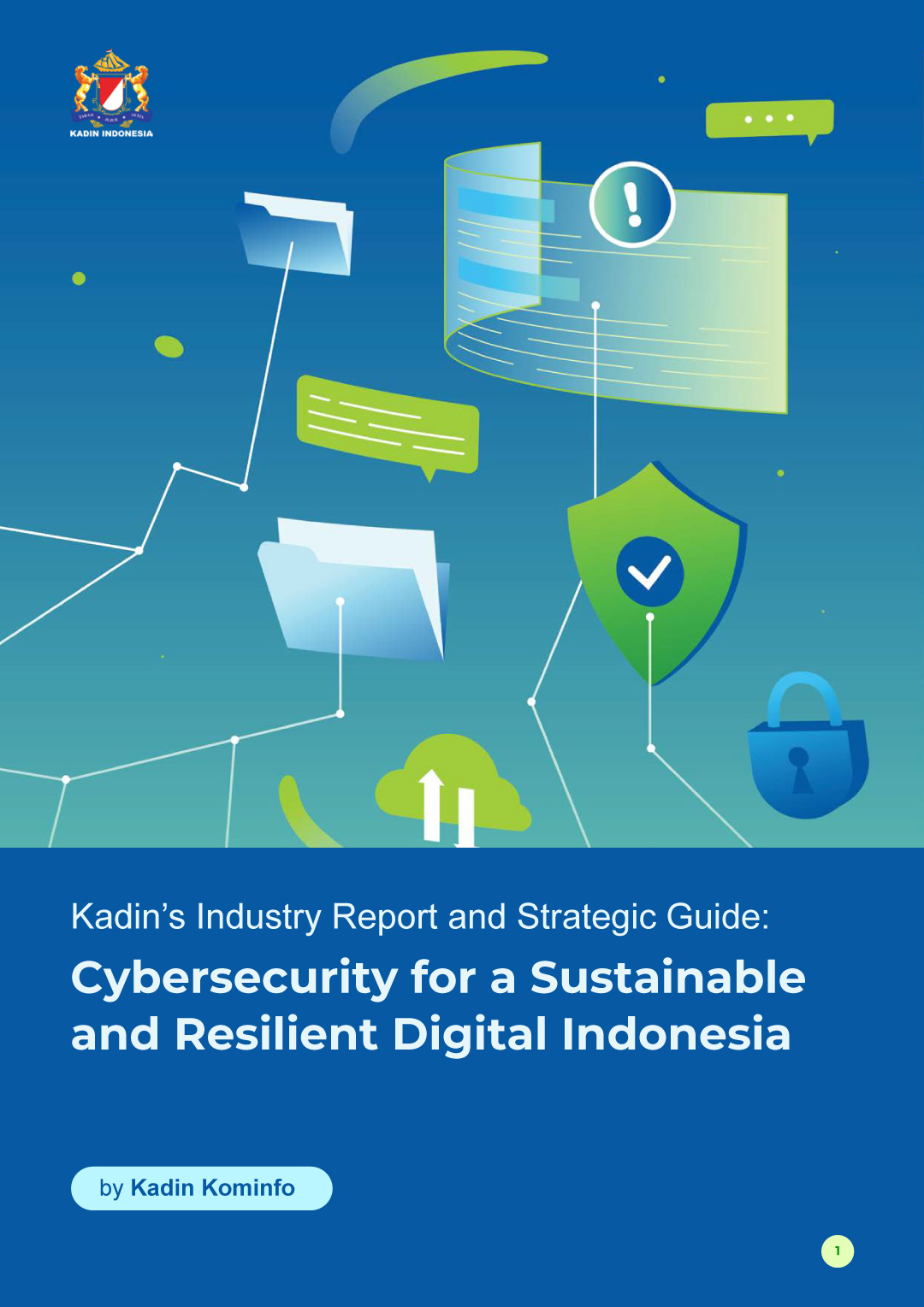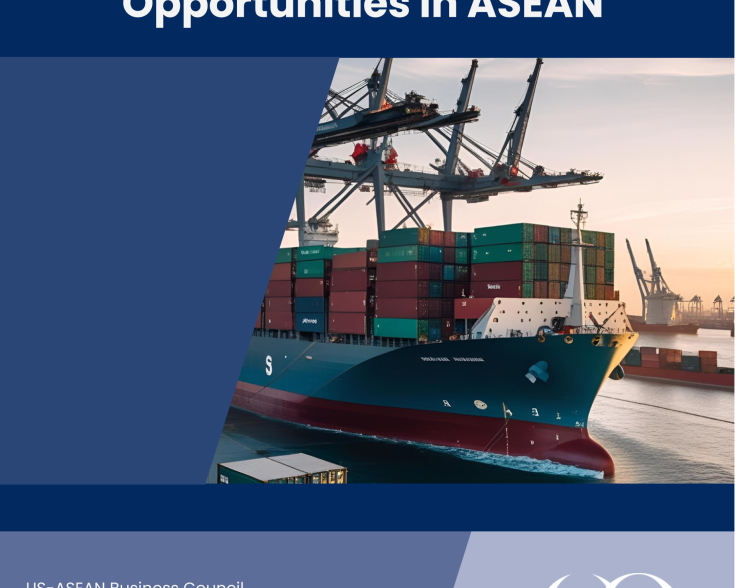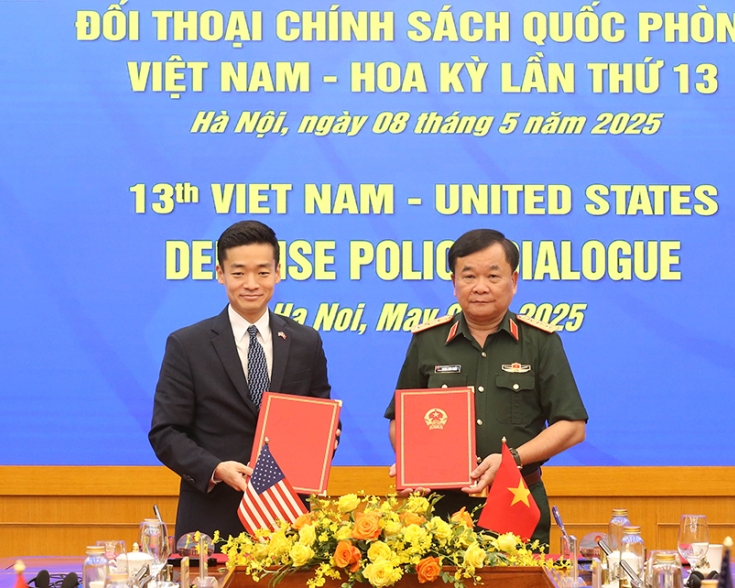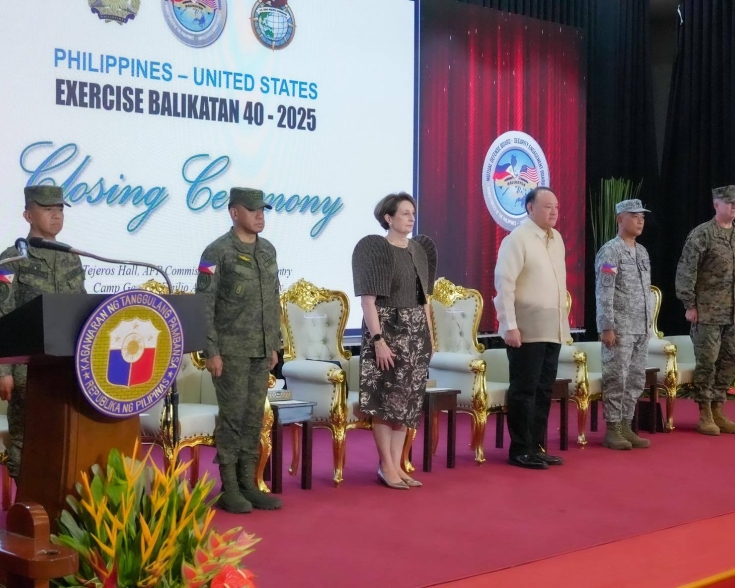Philippines Charges Ahead in Electric Vehicle Initiatives
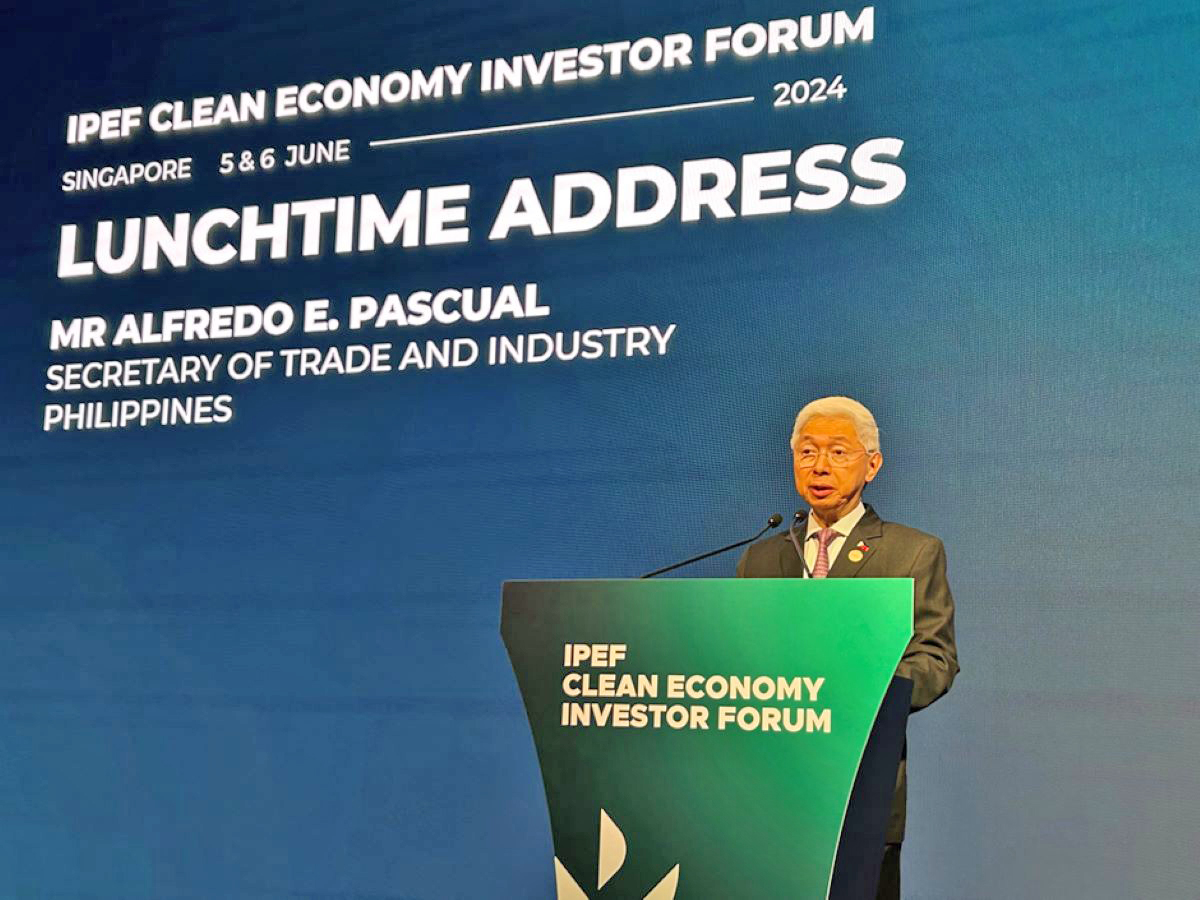
At the Indo-Pacific Economic Framework (IPEF) Clean Economy Investor Forum held last month in Singapore, Department of Trade and Industry (DTI) Alfredo Pascual presented the Philippines’ sustainable growth initiatives, which includes prioritizing the country’s transition to electric vehicles (EVs) through direct investments in EV assembly, charging stations, battery manufacturing, automative electronics, and mineral processing. The Department of Energy (DOE), in a reportreleased 8 days after the forum, emphasized its efforts to speed up the nation's transition by accrediting providers of charging stations. Currently, there are 76 installers and service providers of EV charging stations nationwide. Furthermore, the EV market is expected to grow in the coming years. Data from the Electric Vehicle Association of the Philippines (EVAP) shows that the number of EVs in the country is expected to increase to 6.6 million by 2030, with 3.6 million electric motorcycles and 300,000 private electric cars. The Department of Transportation (DOT) is likewise advocating for alternative and more sustainable options for transportation such as e-jeepneys and e-buses. As this market continues to expand, Filipinos are demonstrating growing enthusiasm towards EVs. A 2023 survey by Standard Insights cited that 50.8% of respondents believe EVs are the future of the automotive industry.
On May 15, under Executive Order (EO) 12, the NEDA board expanded the most favorable nation (MFN) tariff rates to include other battery electric vehicles, hybrid electric vehicles, plug-on hybrid electric vehicles, and certain parts and components until 2028. On June 20, the President signed Executive Order (EO) 62 expanding reduced duty rates on other various e-vehicles and related products. These measures are aimed to stimulate the EV market in the country, support the transition to emerging technologies, and reduce reliance on fossil fuels and greenhouse gas emissions attributed to road transport. The Philippines, like other Southeast Asian country, is set to become a key player and manufacturing hub in the EV market. As the world’s second-largest nickel producer, the country has the resources to support EV parts production. With effective legislation in the Philippines, the EV sector can attract investments and further stimulate business growth.

